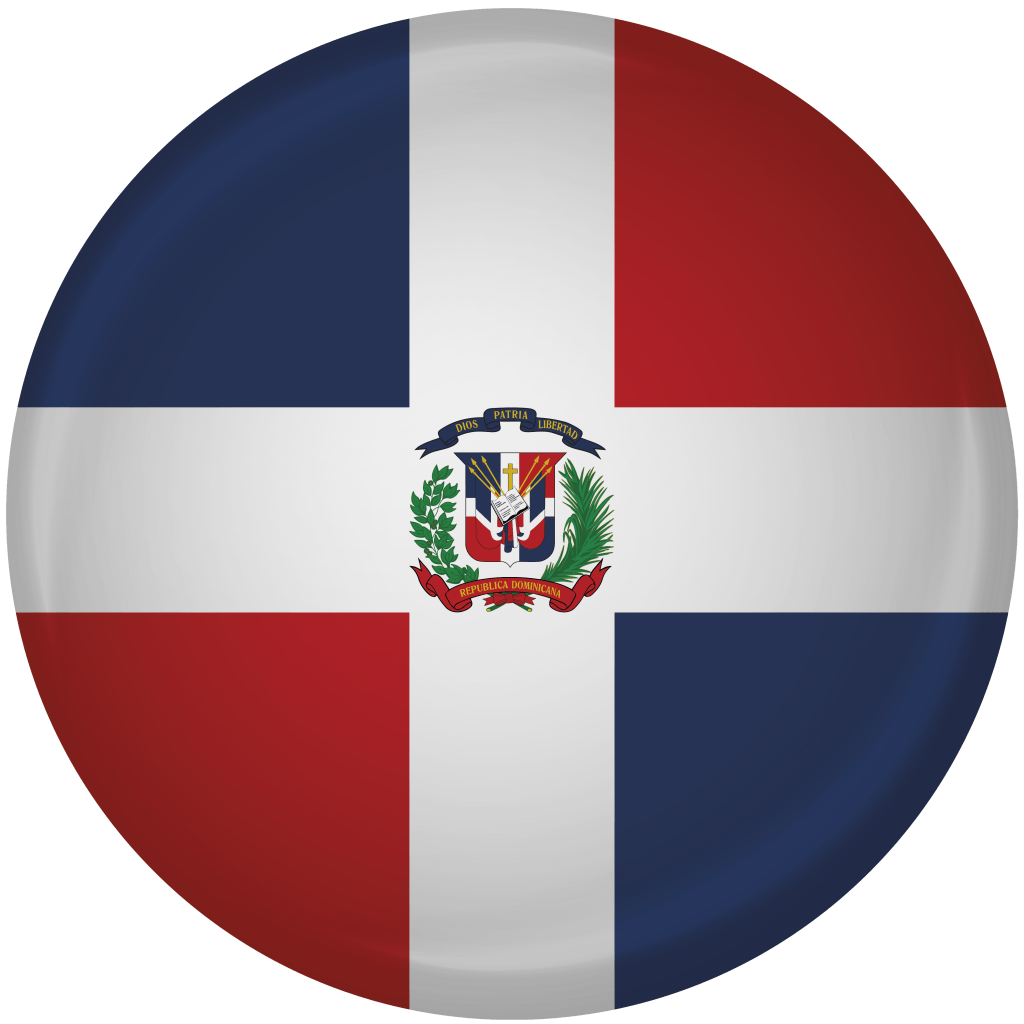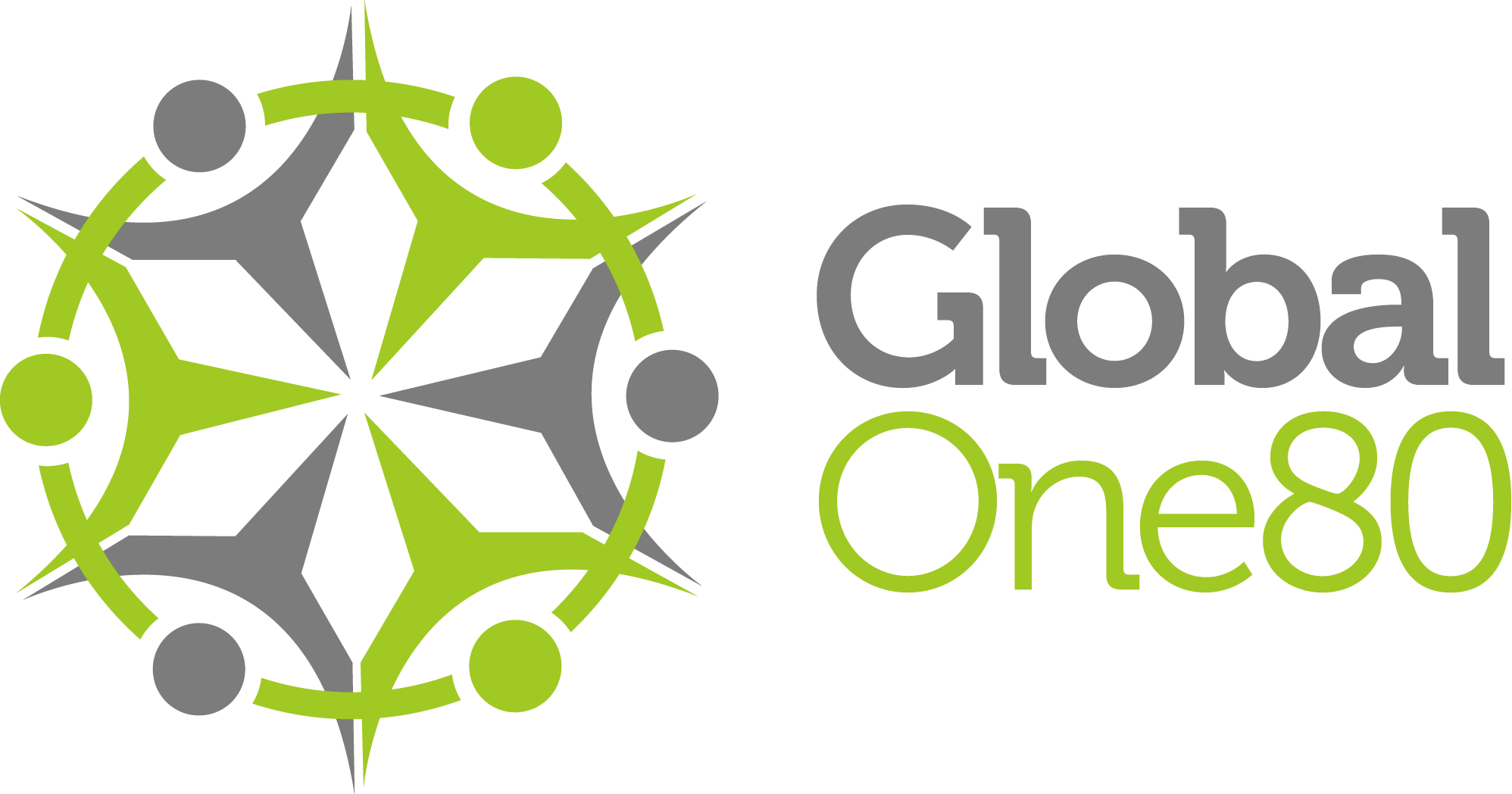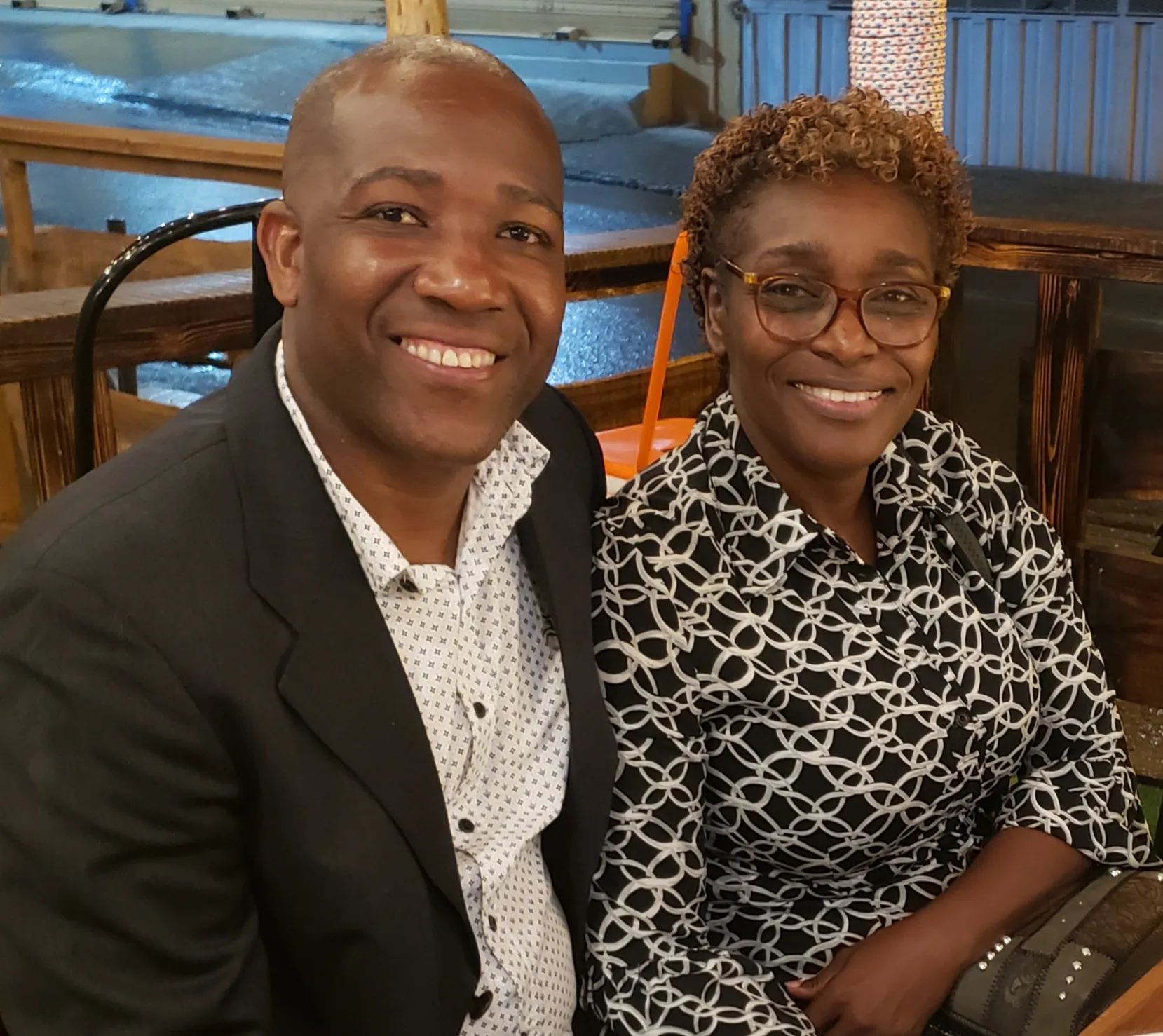When Christopher Columbus landed on the Northern side of the Island of Hispaniola, on December 6th, 1492, he established the first seat of Spanish colonial rule in the New World. Following years of struggling to gain their independence from Haiti and the Spanish, being occupied for a number of years by the United States, and dealing with a Civil War and a dictatorship, the Dominican Republic finally began moving toward a representative democracy in 1978. Today, the country boasts the ninth-largest economy in Latin America and has the largest economy in the Caribbean and Central American Region. Today, the Dominican Republic’s economy thrives on agriculture and tourism, as it’s a popular tourist destination for people all around the world.

Leaders
Alejandro & Celida Tejeda
Strategic Alliances
H&T
Latino Mobilizers
Álvara & Pedro Ferrer
Latino Mobilizers
Description
The Dominican Republic is located in the Caribbean and consists of the Eastern two-thirds of the Island of Hispaniola. It shares a border with Haiti and lies between the Caribbean Sea and the Atlantic Ocean. After Cuba, the Dominican Republic is the second-largest Caribbean nation by area, and the third-largest by population. Santo Domingo, the capital city has a population of over 2 million people. 73% of the country has a mixed ethnicity, 16% is white, and 11% is black.

Facts
President: Luis Abinader
Language: Spanish
Currency: Dominican Peso
Main Sport: Baseball
Figures
Population: 10,734,247
Land Area: 18,655 sq. mi.
Unemployment Rate: 14 %
Population Under Poverty Line: 30.5 %
Faith
Roman Catholic 85%
Evangelicals 10%
Other 5%



